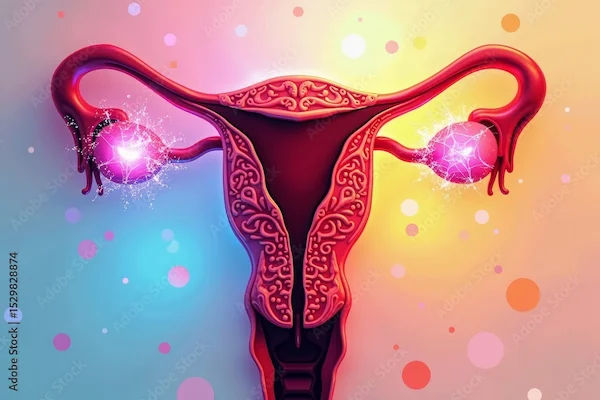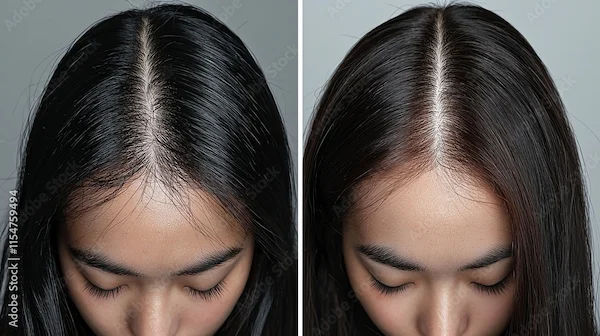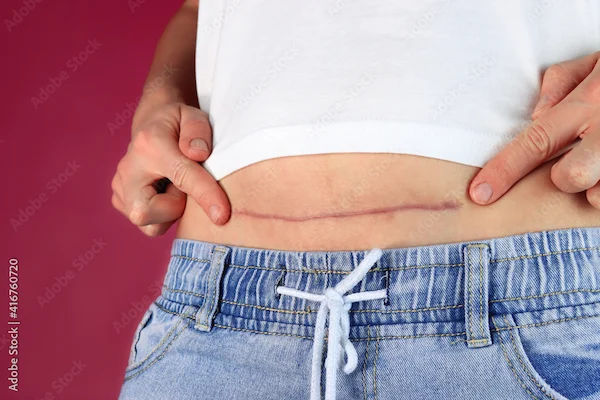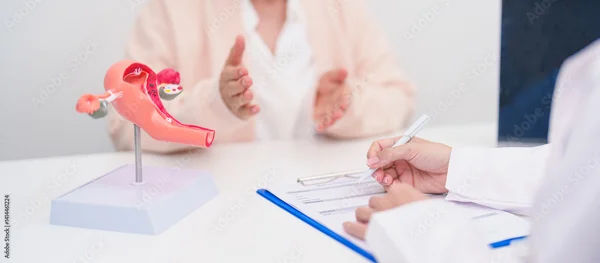Are Hemorrhoids Common After Hysterectomy
Wondering if hemorrhoids are common after hysterectomy? Many women experience them due to straining, medication, or pelvic changes. Learn why they occur, effective prevention strategies, and how to find relief during your recovery.

Written by Dr.Sonia Bhatt
Last updated on 9th Jul, 2025
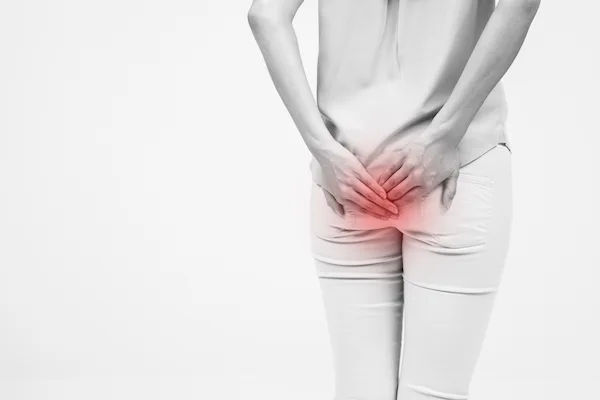
Introduction
If you’ve recently had a hysterectomy (surgery to remove the uterus), you may be experiencing unexpected discomfort, including hemorrhoids. You’re not alone—many women face this issue postsurgery. In this article, we’ll discuss why hemorrhoids can occur after a hysterectomy, how to recognize them, and what you can do to find relief.
What Are Hemorrhoids?
Hemorrhoids are swollen veins in the lower rectum or around the anus. They can be internal (inside the rectum) or external (under the skin around the anus). They often cause:
Itching or irritation around the anal area
Pain or discomfort, especially when sitting or during bowel movements
Swelling or lumps near the anus
Bleeding (bright red blood on toilet paper or in the stool)
Why Do Hemorrhoids Happen After a Hysterectomy?
A hysterectomy is a major surgery, and the recovery process can contribute to hemorrhoids in several ways:
1. Straining During Bowel Movements
After surgery, pain medications (especially opioids) can cause constipation. Straining to pass hard stools increases pressure on rectal veins, leading to hemorrhoids.
2. Reduced Physical Activity
Postsurgery, movement is often limited, which slows digestion and increases the risk of constipation.
3. Hormonal Changes
If the ovaries are removed during the hysterectomy, hormonal shifts can affect bowel function, making stools harder and more difficult to pass.
4. Pelvic Pressure Changes
The removal of the uterus alters pelvic anatomy, which may affect blood flow and contribute to vein swelling.
Consult Top Gynaecologists
How to Manage and Prevent Hemorrhoids After Hysterectomy?
Ways to manage and prevent hemorrhoids after hysterectomy are:
1. Prevent Constipation
Stay Hydrated – Drink plenty of water (8-10 glasses daily).
Fiber-Rich Diet – Include fruits (apples, pears), vegetables (leafy greens), whole grains (oats, brown rice), and legumes (beans, lentils).
Stool Softeners – Ask your doctor about over-the-counter options like docusate sodium.
2. Gentle Exercise
Short walks (as approved by your doctor) can improve digestion and prevent constipation.
Avoid heavy lifting or strenuous activity until fully healed.
3. Proper Toilet Habits
Don’t Strain – Let bowel movements happen naturally; avoid pushing.
Use a Squatting Position – Elevating your feet (with a small stool) can ease bowel movements.
4. Soothing Discomfort
Warm Sitz Baths – Soak in warm water for 10-15 minutes to reduce swelling.
OvertheCounter Creams – Hydrocortisone or witch hazel pads can relieve itching and pain.
Cold Compress – Apply ice wrapped in a cloth to reduce swelling.
5. Medical Help When Needed
If hemorrhoids persist, bleed excessively, or cause severe pain, consult a doctor. Treatments may include:
Prescription medications
Rubber band ligation (a minor procedure to shrink hemorrhoids)
Surgery (in rare cases)
When to See a Doctor?
While hemorrhoids are common and often manageable at home, seek medical advice if you experience:
Heavy or prolonged bleeding
Severe pain that doesn’t improve with home care
Signs of infection (fever, pus discharge)
If you're struggling with posthysterectomy recovery, including hemorrhoids, Apollo 24|7 offers expert consultations to help you manage symptoms effectively. You can book an appointment online for personalized care.
Final Thoughts
Hemorrhoids after a hysterectomy are common but manageable. By staying hydrated, eating fiberrich foods, and avoiding straining, you can reduce discomfort and promote healing. If symptoms persist, don’t hesitate to seek medical advice. Your recovery matters—take small steps every day to feel better! Schedule a consultation with a specialist on Apollo 24|7 today for expert guidance on posthysterectomy care.
Consult Top Gynaecologists
Consult Top Gynaecologists

Dr. Shailaja L
Obstetrician and Gynaecologist
16 Years • MBBS, MS
Bangalore
Apollo 24|7 Clinic - Karnataka, Bangalore

Dr. Veena H
Obstetrician and Gynaecologist
16 Years • MBBS DGO
Bangalore
Apollo 24|7 Clinic - Karnataka, Bangalore

Dr Swatika Kumari
Obstetrician and Gynaecologist
19 Years • MBBS, DGO, DNB Obstetrics & Gynaecology
Nashik
Apollo 24|7 Clinic - Maharashtra, Nashik
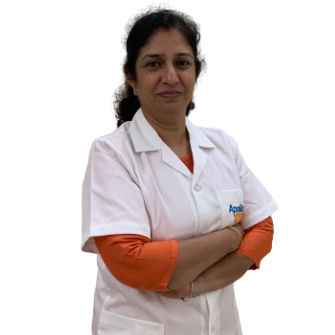
Dr. Ritika Khurana
Obstetrician and Gynaecologist
16 Years • MBBS, DGO(GYNAECOLOGY AND OBSTETRICS)
Pune
Dr Rupali and Dr Ritika, Pune
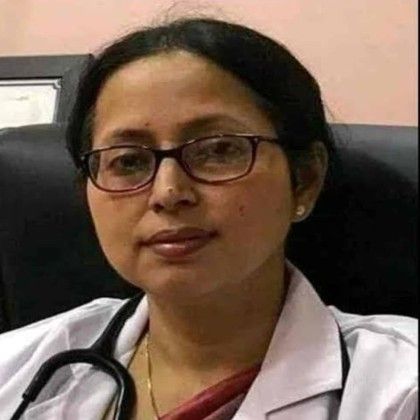
Dr. Chaitali Roy
Obstetrician and Gynaecologist
28 Years • MBBS , MS (Obstetrics & Gynaecology)
Kolkata
Roy's Clinic, Kolkata
Consult Top Gynaecologists

Dr. Shailaja L
Obstetrician and Gynaecologist
16 Years • MBBS, MS
Bangalore
Apollo 24|7 Clinic - Karnataka, Bangalore

Dr. Veena H
Obstetrician and Gynaecologist
16 Years • MBBS DGO
Bangalore
Apollo 24|7 Clinic - Karnataka, Bangalore

Dr Swatika Kumari
Obstetrician and Gynaecologist
19 Years • MBBS, DGO, DNB Obstetrics & Gynaecology
Nashik
Apollo 24|7 Clinic - Maharashtra, Nashik

Dr. Ritika Khurana
Obstetrician and Gynaecologist
16 Years • MBBS, DGO(GYNAECOLOGY AND OBSTETRICS)
Pune
Dr Rupali and Dr Ritika, Pune

Dr. Chaitali Roy
Obstetrician and Gynaecologist
28 Years • MBBS , MS (Obstetrics & Gynaecology)
Kolkata
Roy's Clinic, Kolkata
